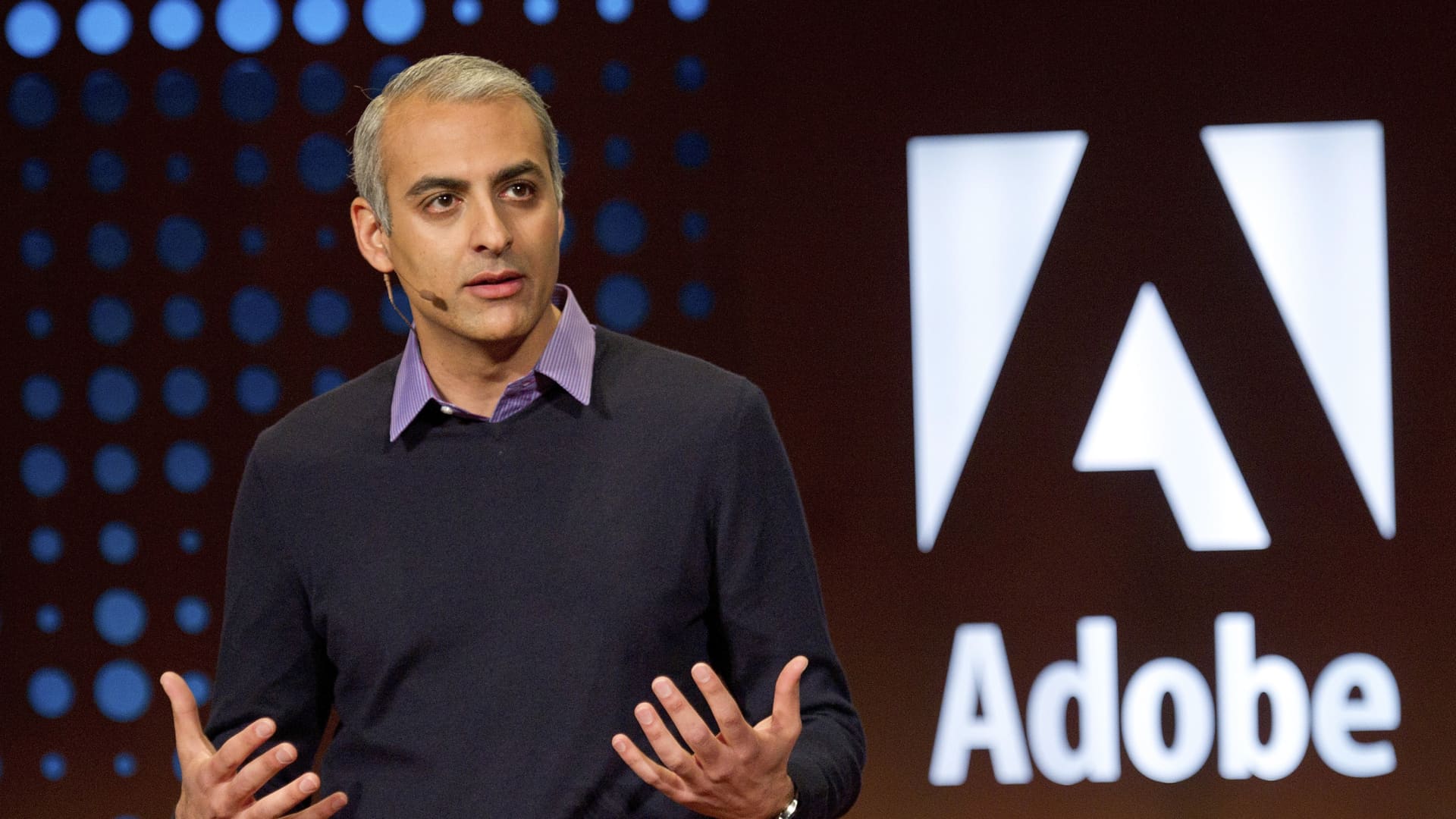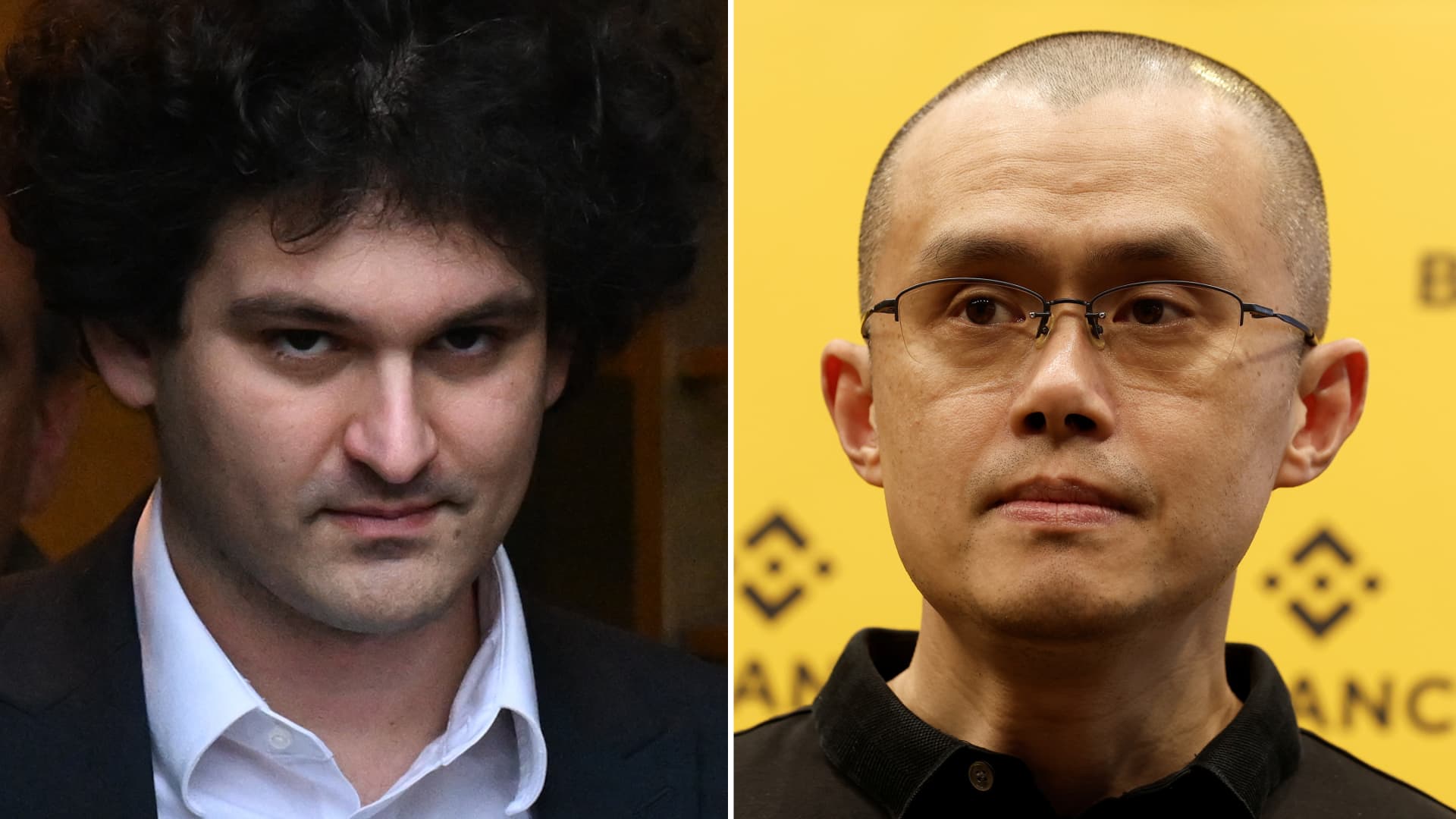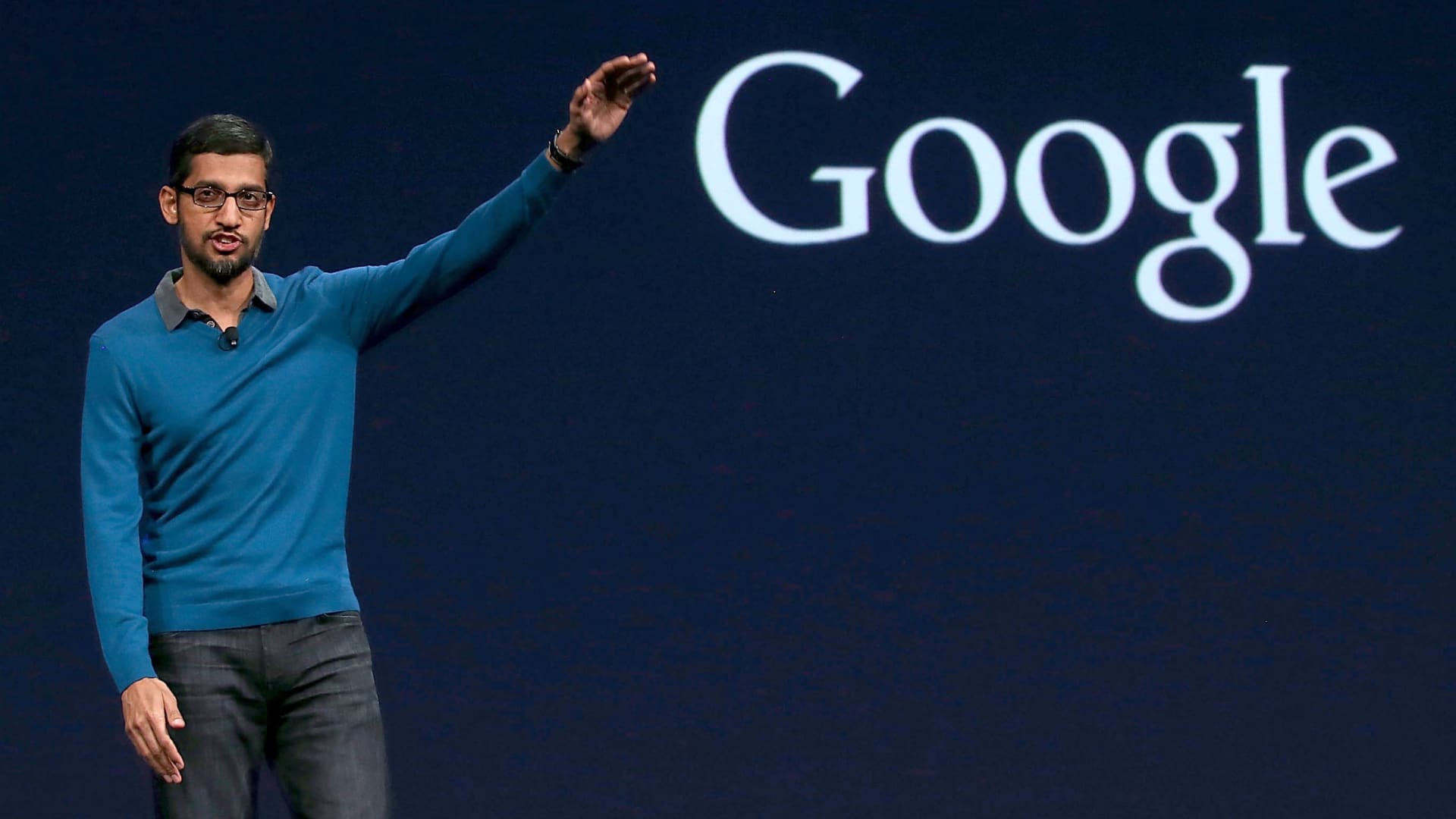France is aiming to become a global AI superpower — but not without help from U.S. Big Tech


PARIS — France is touting itself as the next artificial intelligence superpower. [style note: Paris stands alone in datelines]
The Viva Technology conference in Paris last week was buzzing with talk about how far France has come as a leader in AI.
A great deal of chatter surrounded the French AI firm H, previously named Holistic, which raised a $220 million seed funding round [“raised $220 million in a seed funding round”? please could you also tweak the second bullet point in the key points] from investors including U.S. tech giant Amazon and Google’s billionaire ex-CEO Eric Schmidt.
A common theme for French AI firms receiving large sums of money is that they’re adding U.S. tech heavyweights to their shareholder lists.
Earlier this month, France received a flood of new private investments, led by a commitment from Microsoft of 4 billion euros ($4.4 billion), its largest ever into France.
AI everywhere at Viva Tech
At Viva Tech, AI was everywhere. Past the large, bright pink “VIVA” sign toward the front, there was an entire alley called “AI Avenue,” which was surrounded by U.S. tech firms such as Salesforce and AWS.
Generative AI was on display everywhere — even from companies you wouldn’t expect.
For example, French beauty giant L’Oreal showed off an AI-powered beauty assistant called “BeautyGenius” at a large booth near the center of the Porte de Versailles conference venue.
The success of Viva Tech has become symbolically important for France as part of its bid to become a leading tech and AI hub that can rival the likes of the U.S. and China.
“France is the leader on artificial intelligence in Europe,” Bruno Le Maire, France’s finance minister, told CNBC’s Arjun Kharpal at Viva Tech last week.
He made clear that, while France has a helping hand from U.S. tech giants, “we want to have our own artificial intelligence being created and being developed in France.”
Referring to Microsoft’s investment in France, Le Maire said, “Microsoft is much welcome in our country. But the challenge for us is to have our own devices, our own scientists … and we are working very hard for that.”
France boasts a strong AI research and development ecosystem, home to key facilities like the Facebook AI Research center from Meta and Google’s AI research hub in Paris, as well as leading universities.
“France stands as one of Europe’s most vibrant innovation hubs,” Etienne Grass, the France managing director of Capgemini Invent, the digital innovation arm of Capgemini, told CNBC. “The nation nurtures a thriving startup scene, marked by significant strides in AI,” Grass added.
Imran Ghory, partner at Blossom Capital, said that while France has a great track record when it comes to research and academia, it has struggled to funnel quality talent into “great companies.”
AI labs from Meta and Google have “created a training ground for students and researchers to learn what leading tech companies look and work like from the inside,” Ghory said.
“We’re now seeing the fruits of this as many researchers and AI engineers begin spinning out their own companies.”
Vying for tech leadership
French President Emmanuel Macron told CNBC’s Andrew Ross Sorkin in an interview last week that his country is “leading the tech industry in Europe.” However, he noted Europe is “lagging behind” the U.S. and that the continent needs more “big players.”
“It’s insane to have a world where the big giants just come from China and the U.S,” Macron told said at the Elysee Palace. He praised Mistral, the French AI firm backed by U.S. tech giant Microsoft, and H.
Last week, Macron met with Eric Schmidt, former CEO of Google, Yann LeCun, chief AI scientist of Meta, and James Manyika, Google’s senior vice president of tech and society, among others, at the Elysee to discuss ways to make Paris a global AI hub.
Maurice Levy, CEO of advertising and public relations giant Publicis Groupe, told CNBC’s Karen Tso he thinks France has the potential to become a top five country for AI development. Levy said France is “determined” to fill [narrow? since he seems to be OK with it being behind the US and China, based on the quote below] the gap between the U.S. and China and Europe when it comes to AI.
France “can be part of the five biggest countries on AI in the world,” after the U.S., China, Israel, and the U.K., Levy said in a TV interview last week. He referred to H’s mammoth funding round as an example of the momentum surrounding French AI right now.
Levy said roughly 40% of the tech demos at Viva Tech were AI. AI is “something which is … not only taking off, but has already taken off quite massively,” he said.
In a fireside discussion last week, Google’s Manyika said a lot of the innovation the firm has been bringing to the table is sourced from engineers in France.
He said that Google’s recently introduced Gemma AI, a lightweight, open-source model, was developed heavily at the U.S. internet giant’s Paris AI hub.
According to data from Dealroom, France claimed a roughly 20% share of overall European AI startup funding in 2023, higher than the 15% average of European funding that goes into AI startups across the bloc.
France isn’t the European AI leader, though, according to Dealroom, with U.K. firms raising more than double the amount of both AI and GenAI investment than France.
Innovation versus regulation
France’s Macron said the challenge for Europe is accelerating AI research and development while also regulating at “appropriate scale.”
Last week, the EU approved the AI Act, a landmark law regulating artificial intelligence.
Some tech executives warned Europe could hamper its AI ambitions with regulation that is too restrictive. France has been among the countries to have criticized the EU AI Act for being too restrictive when it comes to innovation.
Pascal Brier, Capgemini’s chief innovation officer, said while regulation is needed to ensure AI isn’t left to become too powerful, it’s important to ensure new laws like the AI Act don’t accidentally “kill” innovation.
He said regulators should avoid implementing the “principle of precaution” — the idea that AI makers should avoid doing things that can do harm, as a rule.
“There’s no way you can stop AI — it’s only the end of the beginning,” Brier told CNBC. “It’s not going to stop there.”
This post has been syndicated from a third-party source. View the original article here.




